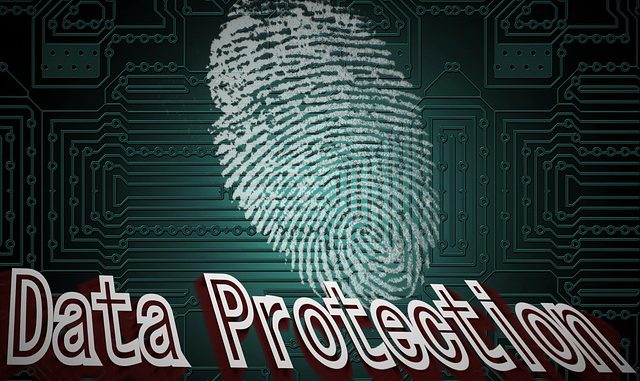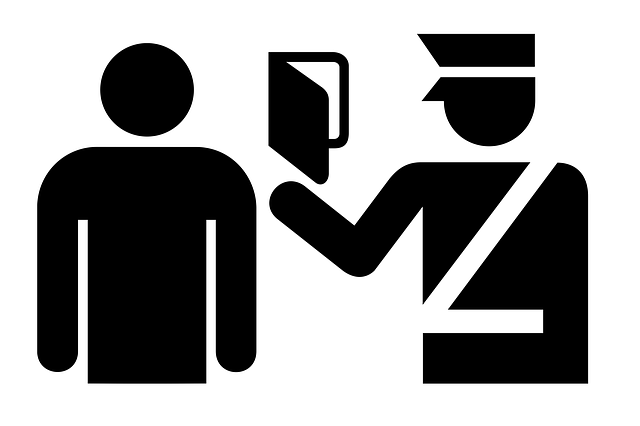
A police check is an official legal document issued by a government agency in a particular state to certify any criminal convictions the candidate may have. Criminal convictions may include criminal acts such as murder, rape, conspiracy, theft, and even civil cases where there has been a slander, libel, malicious prosecution, and other civil wrongs committed. These records are used by employers, landlords, tenants and anyone else who might need to do business with the applicant.
A police check is often sought by people who have been involved in an crash, suffered by a broken bone, or sustained injury in another’s land. Additionally, many people also seek this kind of record when they are thinking about applying for jobs, leasing an apartment or if they are considering adopting a child. But, there are a number of common types of reasons why individuals do undergo this simple procedure. Below are some of the most common kinds of reasons why you may want to undergo this very simple and inexpensive process.
How to Get Your Police Records
Those that are Interested in Jobs – For specific occupations, a police check may be required. Frequent jobs which frequently require police checks are those that deal with managing money or handling money like bank tellers, truck drivers, mechanics and credit card processors. Job applicants who need these kind of jobs must first submit their fingerprints. This is because most employers frequently require a whole police test as part of the pre-screening procedure.
Those people who are searching For Apartment Leasing or Rentals – Most apartment landlords or managers in Australia need all tests. Typically, these landlords will perform a comprehensive background check on prospective tenants prior to granting them a rental agreement. Some apartment leasing agreements also require a security deposit that’s returned upon the signing of the contract. Additionally, most apartment or rental property owners will require applicants to undergo an investigation prior to leasing any of their flats or properties. Allowing yourself to be fingerprinted is among the easiest methods to ensure you won’t be in any scenarios where you will have to present your fingerprint to anyone requesting it.

Those Who reside In Very Small Residences Or Small Homes – Most of us live in massive homes or apartments and thus we have many members in our home. If you have a pet like a cat or a puppy, chances are there are people living together with you. Including your own children, who are most likely to live together with you for the whole period of your life. Fingerprint checks will be able to help you verify your children’s location of residence are all free from criminal records.
Those Who Live In tiny Households – If you have a small home or apartment, chances are there are a lot of individuals living with you such as your in-laws or grandparents that have kids who also reside with you. Besides your own children, most likely you can find other people in your locality who also live together with you. The probability of these having criminal history check records is extremely high. By letting yourself be fingerprinted, you will be able to eliminate the possibility of these people with a criminal record and living one of you
.How to Get Your Police Records
Letting others to have access to your fingerprint can be dangerous. Criminals may use this info to either gain access to your house, or to gain access to something precious that you have like your money or your life savings. When there’s a criminal history check carried out on you by your local police department, it wouldn’t be available to any other government agencies or organizations. However, most local police departments usually do not perform a complete police check in their people because the process is time intensive and costly. Hence, in order for you to get an easy access to your police documents, you can search for an online police check service that’s somewhat cheaper and less time consuming than doing a police check personally.
For national and state police checks, you need to contact the national or state police agencies directly. As an instance, if you’re living in Ohio, then you would need to contact the Ohio state police agencies to access the database. Similarly, if you’re residing in Virginia, then you would need to contact the Virginia state police agencies to access the database. Similarly, if you’re residing in New Jersey, you would have to contact the New Jersey state police agencies to access the database.
